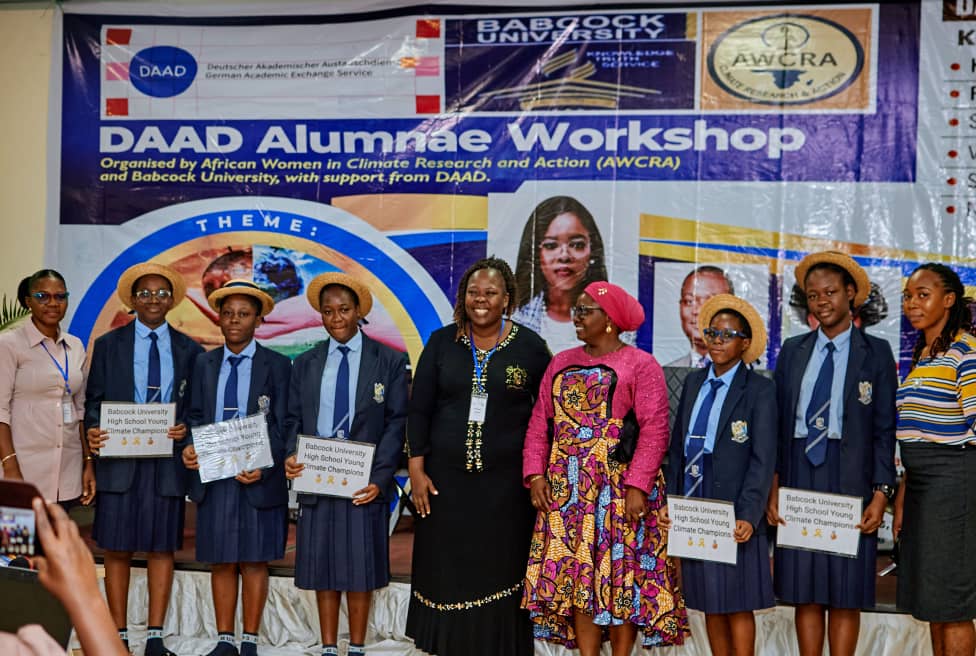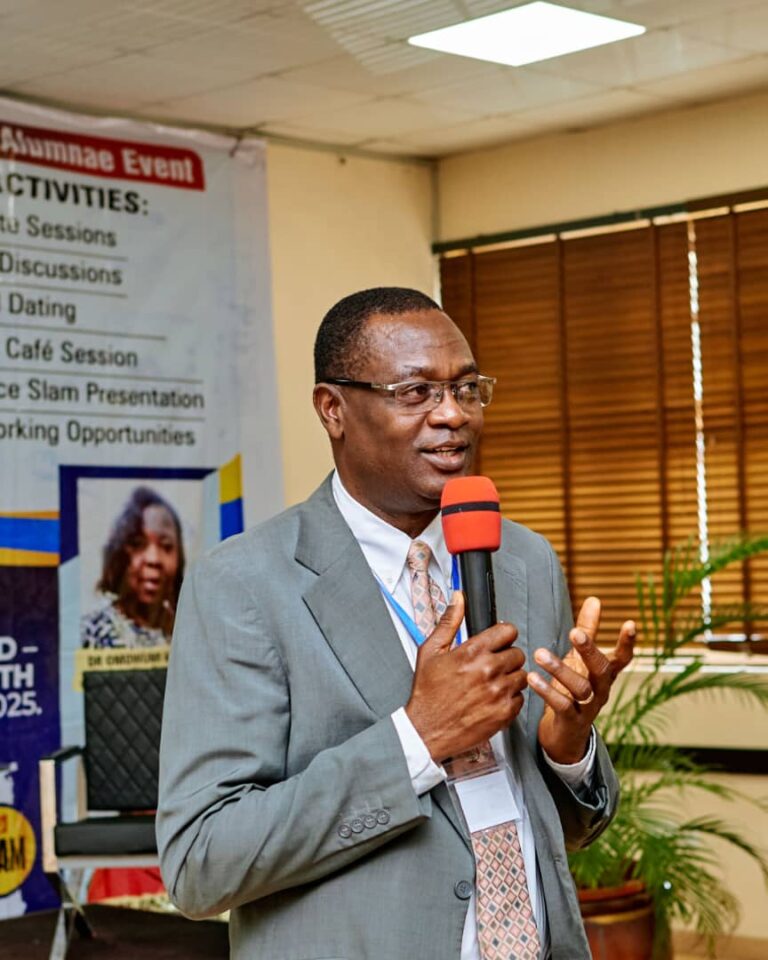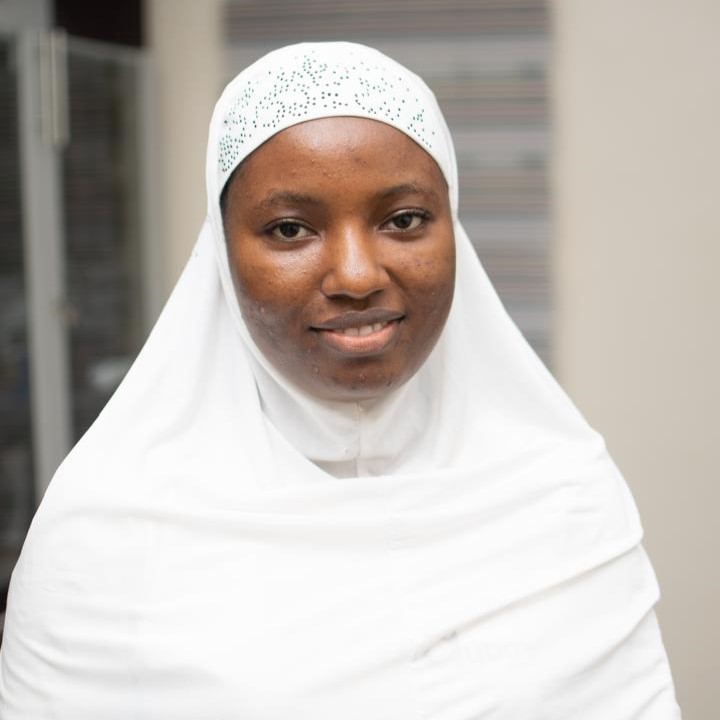At a time when Africa is grappling with the escalating impacts of climate change, the vice chancellor of Abiola Ajimobi Technical University, Ibadan, Adesola Ajayi, a professor, has called on women to take the lead in climate research, citizen engagement, and sustainable development.
Speaking at a two-day German Academic Exchange Service (DAAD) Alumnae workshop at Babcock University, Ilishan-Remo, Ogun State, Mr Ajayi emphasised that women’s involvement in climate research, policy advocacy, and public communication is essential for tackling poverty, environmental degradation, and the broader challenges of the Sustainable Development Goals (SDGs).
Mr Ajayi highlighted the need for strategic research into key climate change drivers, including production, consumption, distribution, and ecological degradation.
While he commended the organisers for their commitment to inclusive climate advocacy, he called for the expansion of the network to deepen impact across Africa.
Women-centred climate advocacy
The workshop, themed “From Vulnerability to Resilience: Empowering Women to Address Climate Change through Sustainable Development Goals,” brought together participants from Nigeria, Ghana, and the Republic of Benin, with others joining virtually from Cameroon, Zambia, South Africa and Germany.
Jointly organised by African Women in Climate Research and Action (AWCRA) and Babcock University, with support from the German Academic Exchange Service (DAAD), the event sought to foster collaboration, knowledge exchange, and publication in climate change mitigation among others.
The Lagos State Commissioner for Agriculture and Food Systems, Abisola Olusanya who gave the keynote address, affirmed that climate change is a present and visible threat in Nigeria.
Ms Olusanya who was represented by the Director of Farm Service and Entrepreneurial Centre, Olawunmi Akinola noted that while women bear the burden, they are also central to achieving transformative change.
She stressed the need for partnerships to build food systems that work for women and that can withstand environmental shocks, while addressing structural disadvantages they face.
Building resilience through knowledge, skills

The Director of Research, Innovation and International Cooperation (RIIC) at Babcock University, Grace Tayo, a professor, who also spoke at the event described women as ‘key change agents’ whose empowerment through knowledge and skills could result in more resilient communities that can promote sustainable development.
Earlier in her remark, the coordinator of AWCRA, Omowunmi Kayode, noted that the workshop was aimed at providing actionable solutions that would effectively address the pressing climate challenges facing Africa.
“Let us work together to harness our collective expertise and creativity to drive meaningful change,” she added.
A key highlight of the event was the inauguration of the Climate Change Club at Babcock University High School, a pioneering initiative designed to nurture climate-conscious innovation among young people.


